Optimal Timing for Concrete Repairs
Concrete repairs are most effective when performed under optimal weather conditions. Temperature, humidity, and precipitation significantly influence the curing process and the longevity of repairs. Choosing the right time ensures durability and reduces the need for future repairs.
Spring offers moderate temperatures and lower humidity, ideal for concrete repairs. Avoiding extreme cold or heat helps achieve optimal curing.
Early summer can be suitable, provided temperatures are not excessively high. Proper planning prevents rapid drying or cracking.
Fall provides cooler temperatures and less rain, making it a favorable time for concrete repairs before winter.
Cold temperatures and freezing conditions impede proper curing and can cause expansion and cracking in concrete repairs.
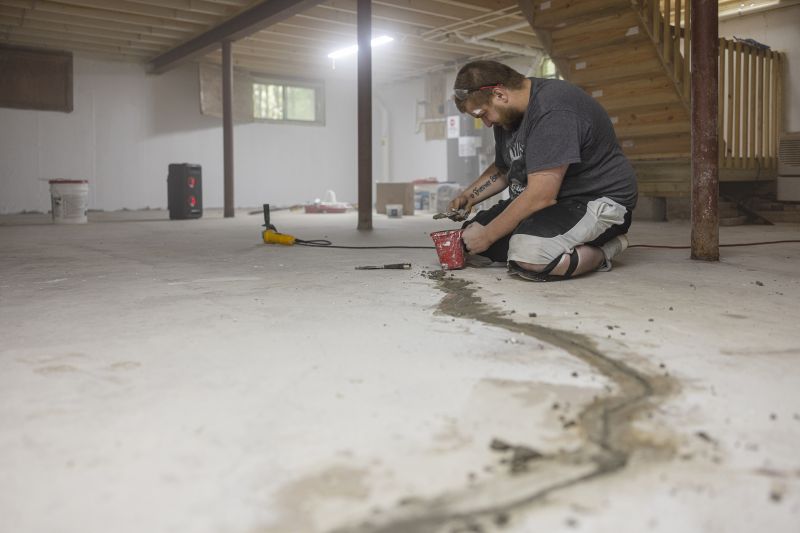
Ways to make Concrete Repairs work in tight or awkward layouts.
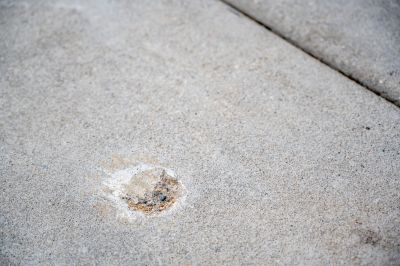
Popular materials for Concrete Repairs and why they hold up over time.
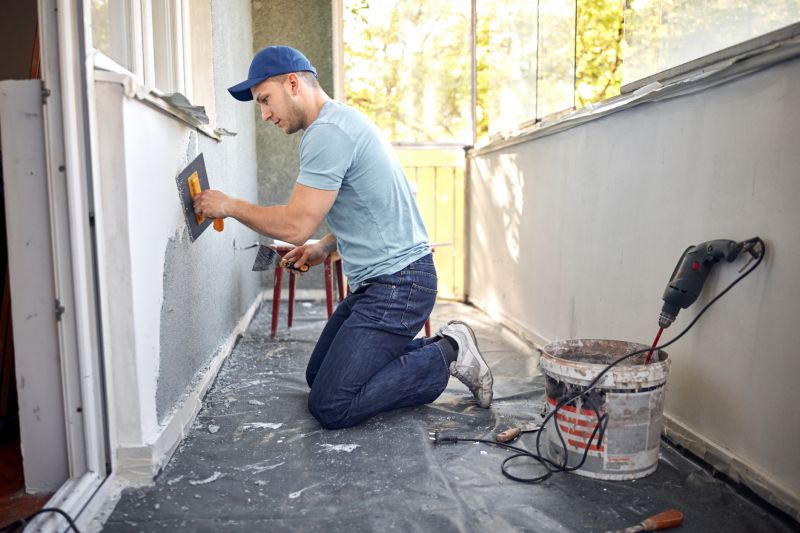
Simple add-ons that improve Concrete Repairs without blowing the budget.
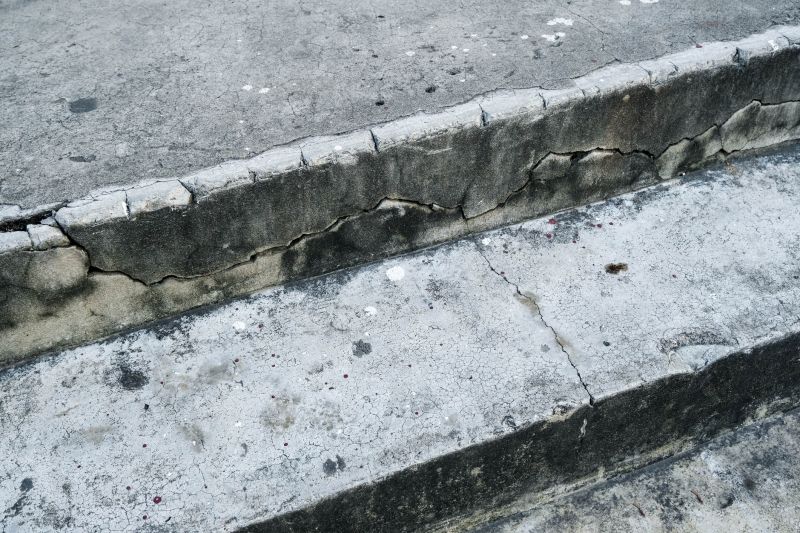
High-end options that actually feel worth it for Concrete Repairs.
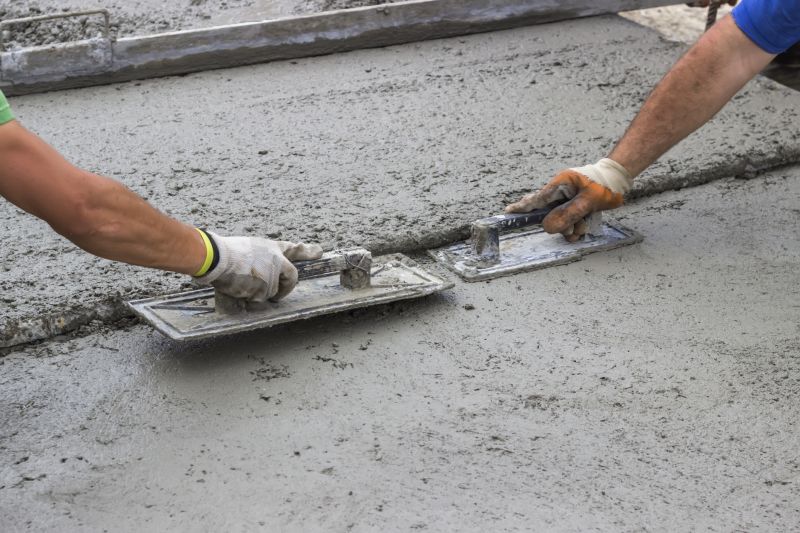
Finishes and colors that play nicely with Concrete Repairs.
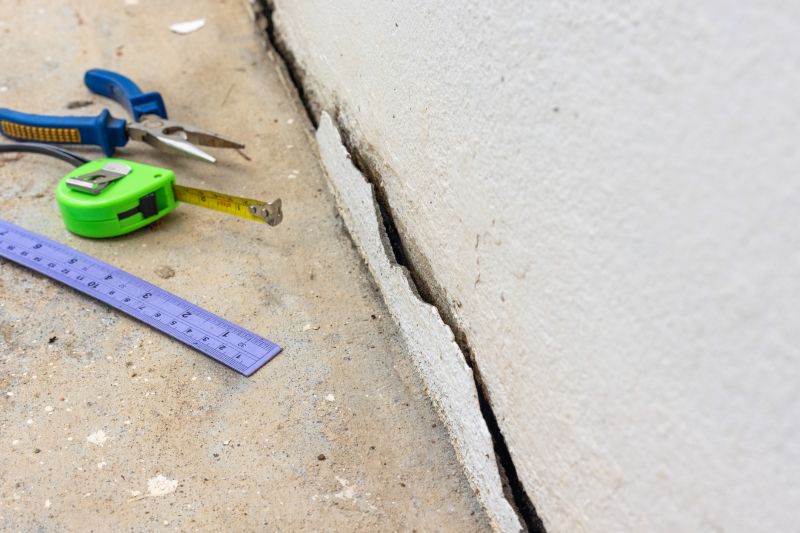
Little measurements that prevent headaches on Concrete Repairs day.
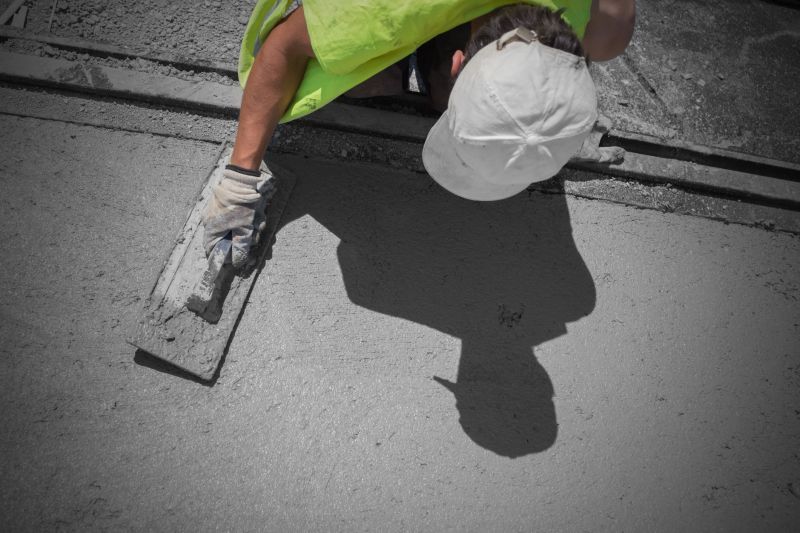
A 60-second routine that keeps Concrete Repairs looking new.
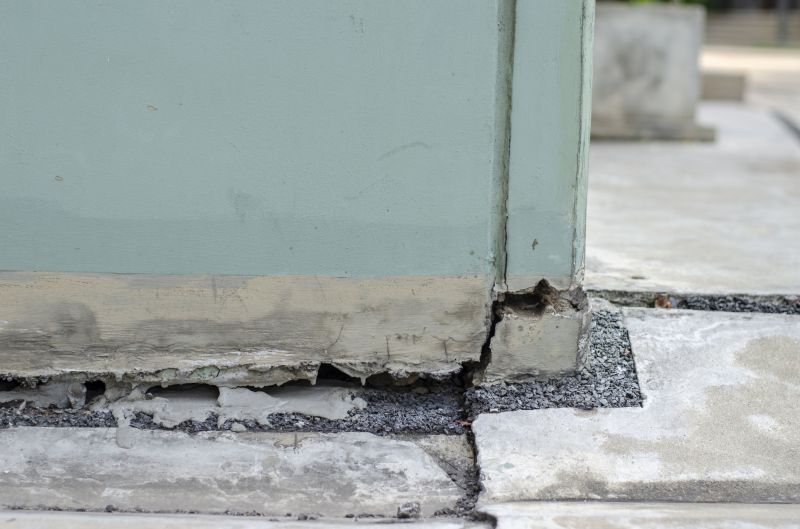
A frequent mistake in Concrete Repairs and how to dodge it.
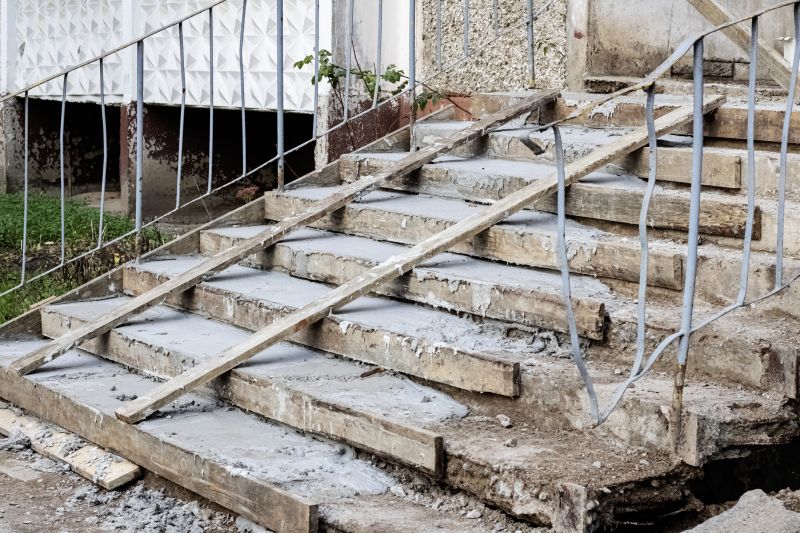
Small tweaks to make Concrete Repairs safer and easier to use.
| Season | Optimal Conditions |
|---|---|
| Spring | Moderate temperatures, low humidity, dry days |
| Summer | Early summer, avoid extreme heat, dry conditions |
| Fall | Cool temperatures, low precipitation, dry weather |
| Winter | Cold, freezing temperatures, unsuitable for repairs |
Concrete repairs involve restoring damaged or deteriorated concrete surfaces to ensure structural integrity and aesthetic appeal. Proper timing enhances the effectiveness of repairs, preventing issues such as cracking, spalling, and surface degradation. According to industry statistics, performing repairs during suitable weather conditions can extend the lifespan of concrete structures by up to 50%. Weather influences the curing process, which is critical for achieving maximum strength and durability.
Understanding seasonal variations and weather patterns helps determine the best time for repairs. For instance, concrete poured in cold weather without proper precautions can lead to improper curing and long-term damage. Conversely, repairs conducted in optimal conditions result in a stronger, more durable surface that resists environmental stressors.
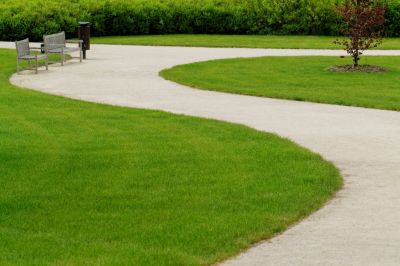
Lower-waste or water-saving choices for Concrete Repairs.
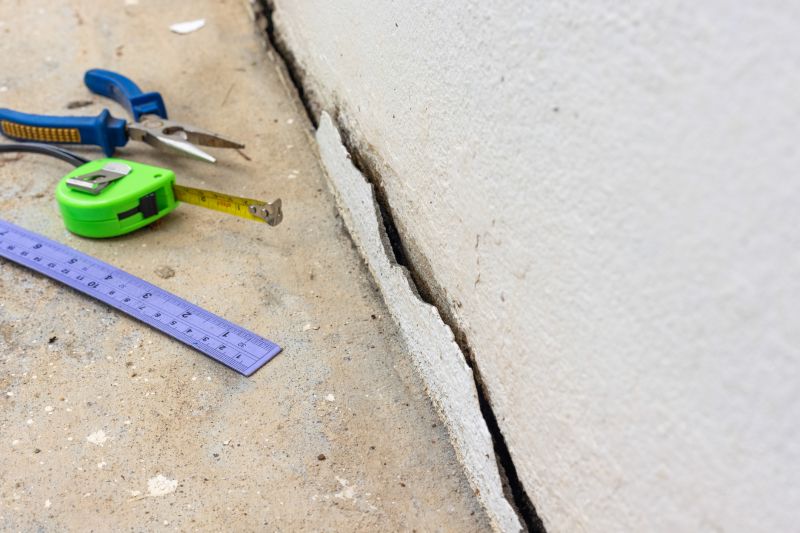
The short, realistic tool list for quality Concrete Repairs.
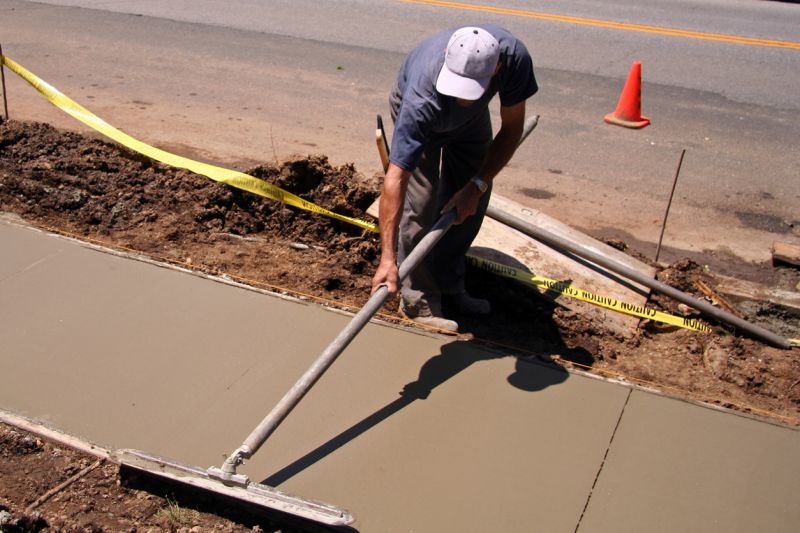
Rough timing from prep to clean-up for Concrete Repairs.
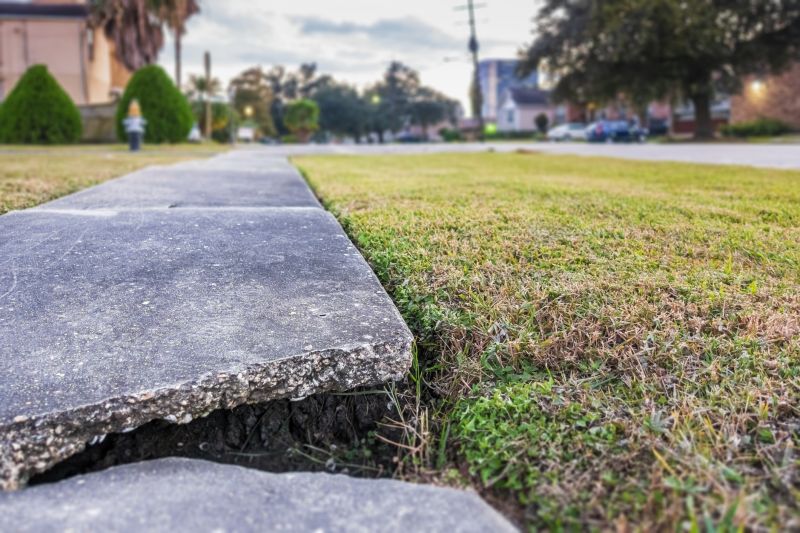
Quick checks and paperwork to keep after Concrete Repairs.
Interested in scheduling concrete repairs? Filling out the contact form provides an opportunity to discuss project specifics and optimal timing based on local weather patterns in Baton Rouge, LA.
